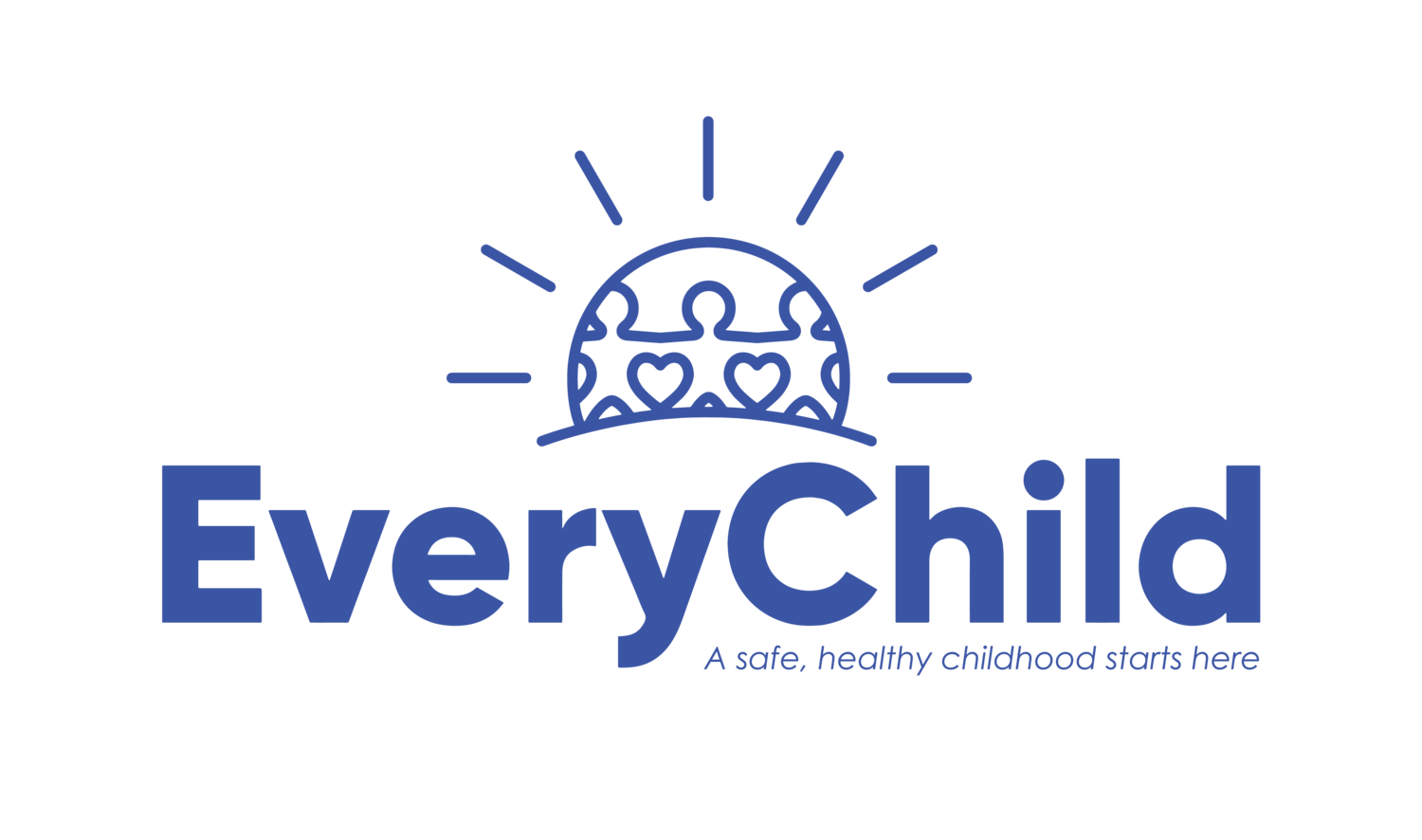EveryChild Develops and Launches Innovative Virtual Reality Training for Home-Visiting Staff
While the COVID-19 pandemic accelerated the use of digital tools at human services nonprofits across the country, few are making such forward-looking investments in technology as EveryChild in the Quad Cities. The organization, which leads community efforts to give every child the foundation for a safe, healthy childhood, has developed an innovative new virtual reality (VR) training for the family support specialists and community doulas who make home visits through its Healthy Families program.
With the VR platform, new staff members and supervisors don headsets and enter a simulated apartment space where they can practice the types of interactions the trainee is likely to experience during real in-person home visits, from conversations about what to expect during and after pregnancy to how to maintain a safe home environment. The goal of the new training is to enhance home-visitor skills and provide client families with a better experience, all while saving on costs.
“I couldn’t be more excited about where this new training can take our staff, our families, and our organization,” said Mark Mathews, executive director. “We haven’t just found ways to survive during the pandemic. We’ve innovated—developing ways to transform our services, save money, and create a future workplace that really benefits our employees.”
Even before COVID-19, the organization faced challenges with its intensive home-visitor onboarding, said Mathews. Job shadowing, for example, can put a burden on the families who open their homes to program staff, while normal role-playing exercises often fail to account for key details like a potential client’s age, race, and gender.
Complementing a two-week off-site in-person training, the new VR training can be completed at EveryChild’s offices in Moline. And now that the simulated apartment has been developed, training future staff members—and even making changes to the training over time—come at a negligible cost. Most importantly, according to Samantha Mathew, Healthy Families’ program manager, the training will leave staff members more comfortable and adept with the situations they will encounter on home visits.
“The first time a client shares that they’re going through domestic violence or having suicidal thoughts, it can be a shock,” she said. “Now we can practice preparing for those kinds of interactions so that instead of stumbling with families in the moment and possibly saying something harmful, they can go in and give our families better support.” The VR software includes an avatar editor that allows trainers to “play” people of all demographics, she added.
While VR training technology found early adopters in technical fields like manufacturing and surgery, it is becoming more prevalent for roles centered on interpersonal skills and emotional intelligence. Research suggests that VR training for “soft skills” is more effective than classroom learning, with VR users completing training faster, staying more focused, making stronger emotional connections to the material, and feeling more confident in applying it.
“It’s completely immersive,” said Mathew. “It’s so much like a real home visit that you forget about everything else around you.”
For Mathews, increased staff competence and confidence come with an added benefit—better job satisfaction and, ultimately, lower turnover. “That’s better for our families, who benefit from having that stable person in their life.”
Ultimately, Mathews hopes to be able to market the training to other human services agencies in the Quad Cities area and—because it can be conducted remotely—across the country. “If we and other organizations can save money through this tool, it helps ensure the future of these programs,” said Mathews.
A $25,000 grant from the Hubbell-Waterman Foundation enabled the organization to make its vision for the innovative training a reality, hiring a student-developer in the Augmented and Virtual Reality Academy at Eastern Iowa Community College to build the virtual apartment. That intern, Chad Behal, helped maximize the project budget and add unexpected features, including an “observation deck” from which others can view training sessions in progress. “EveryChild is already good at what they do,” said Behal, “and this investment just goes to show that they care enough to become even better.”
Another intern, Caroline Sharis, prepared videos and other materials to help explain the benefits of the training and created guides for how to use it. “There’s a lot that goes into building a healthy community, whether it’s educating children in the classroom or doing home visits with new parents,” said Sharis, a Bettendorf native and Harvard University junior. “EveryChild looks at the whole picture to make that happen.”
For more information and local coverage of this announcement, please visit:
